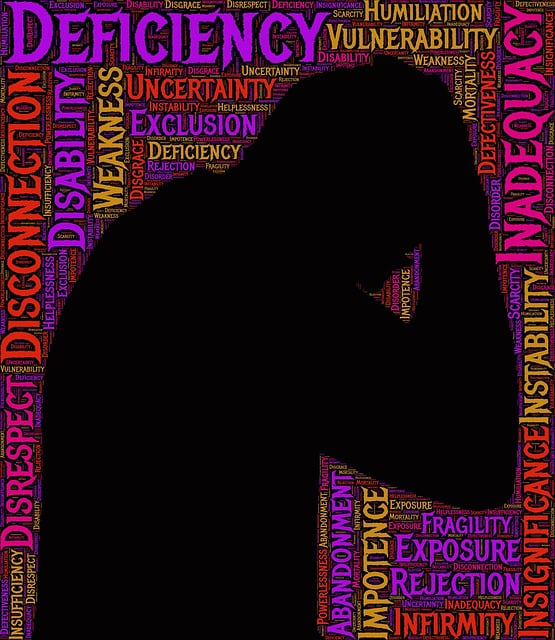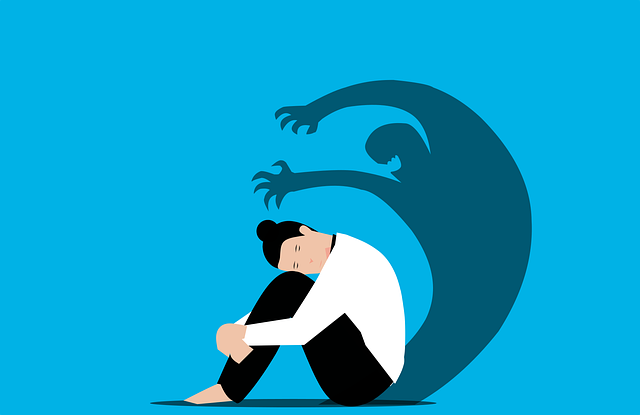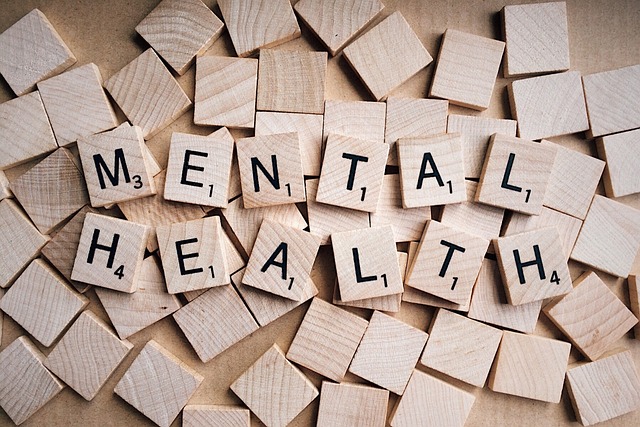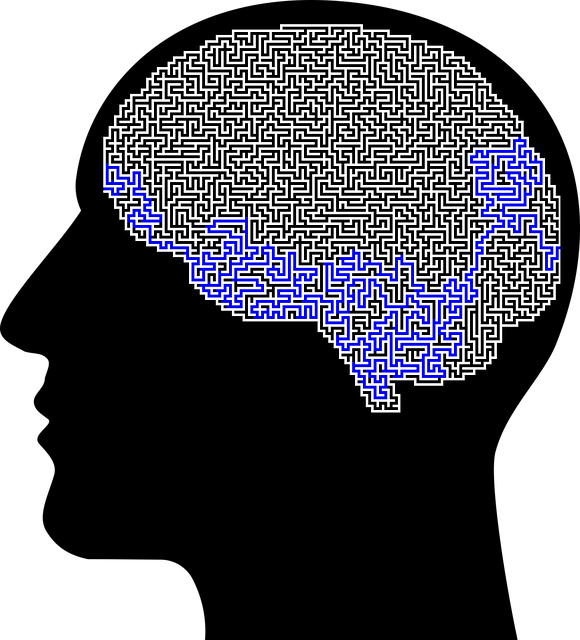Lafayette Trauma Therapy emphasizes the vital role of self-care in achieving holistic well-being. Through personalized sessions, clients learn stress management, self-esteem improvement, and empathy building, fostering self-love and inner support. Overcoming barriers like misconceptions, trauma fear, cost, and accessibility is key to healing. Burnout prevention strategies include setting boundaries, reducing stress, prioritizing self-care, and managing expectations. Integrating small, sustainable healthy habits promotes well-being, with mindful breathing and walks reducing stress. Empathy Building Strategies enhance connections for better therapy outcomes. Prioritizing mental health fosters resilience through proactive emotional management and coping mechanisms, preventing depression. Lafayette Trauma Therapy advocates for a balanced self-care approach to strengthen mental wellness and handle life challenges effectively.
Self-care is not a luxury but an essential practice for maintaining well-being. In today’s fast-paced world, understanding and prioritizing self-care can be transformative. This article explores key aspects of enhancing self-care practices, focusing on mental health resilience through techniques like Lafayette Trauma Therapy. We’ll discuss overcoming barriers to effective therapy integration and sharing strategies to seamlessly incorporate healthy habits into daily routines for a holistic approach to well-being.
- Understanding Self-Care: The Foundation of Well-being
- Overcoming Barriers to Effective Lafayette Trauma Therapy
- Integrating Healthy Habits into Daily Routines
- Prioritizing Mental Health and Resilience
Understanding Self-Care: The Foundation of Well-being

Self-care is a fundamental practice that forms the cornerstone of overall well-being. It involves proactively attending to one’s physical, mental, and emotional health, fostering a sense of balance and resilience. By prioritizing self-care, individuals can enhance their quality of life, boost happiness, and improve their ability to navigate challenges. This process is about creating time for activities that nurture personal growth and restoration, ensuring a healthy relationship with oneself.
At Lafayette Trauma Therapy, we recognize the profound impact of self-care on mental health recovery and personal development. Our therapists guide individuals through personalized strategies for self-esteem improvement and empathy building, empowering them to manage stress effectively. Through tailored therapy sessions, clients learn valuable stress management techniques, fostering a deeper sense of self-love and empathy, which are essential in creating a supportive inner environment.
Overcoming Barriers to Effective Lafayette Trauma Therapy

Overcoming barriers to effective Lafayette Trauma Therapy is a pivotal step in the journey towards healing and recovery. Many individuals struggle with initiating or completing therapy due to misconceptions, fear of reliving traumatic memories, or concerns about cost and accessibility. However, understanding and applying Mind Over Matter principles can significantly enhance the therapeutic process. These principles encourage active participation, fostering a sense of control and empowerment during the healing journey.
Burnout prevention is crucial in the context of Lafayette Trauma Therapy. It’s essential to establish healthy boundaries and incorporate stress reduction methods into daily routines. By prioritizing self-care and managing expectations, individuals can create a supportive environment conducive to vulnerability and progress. Through these strategies, one can navigate the challenges and unlock the transformative power of therapy for lasting emotional well-being.
Integrating Healthy Habits into Daily Routines

Integrating healthy habits into daily routines is a powerful tool for self-care and overall well-being, as advocated by Lafayette Trauma Therapy. It’s not just about adding exercise or meditation; it’s about making sustainable changes that fit seamlessly into your existing schedule. Start small by incorporating activities like mindful breathing during morning routine or a brief walk during lunch breaks. These moments of calm can significantly reduce stress levels and improve focus throughout the day.
Empathy Building Strategies and Emotional Intelligence play a crucial role in this process. By practicing self-care, healthcare providers can enhance their ability to connect with patients on an emotional level, fostering a more nurturing and effective therapeutic environment. Preventing burnout is another key benefit; when practitioners prioritize their own mental health, they’re better equipped to support others in managing theirs, as highlighted by Burnout Prevention Strategies for Healthcare Providers.
Prioritizing Mental Health and Resilience

In today’s fast-paced world, prioritizing mental health is an essential component of self-care practices. This includes recognizing and addressing our emotional well-being as proactively as we would physical health. According to Lafayette Trauma Therapy, fostering resilience involves developing coping mechanisms to navigate life’s challenges. By integrating activities that promote mental wellness, such as mindfulness, therapy, or creative outlets, individuals can build a stronger foundation for managing stress and preventing depression.
Lafayette Trauma Therapy emphasizes the significance of creating a balanced approach to self-care, where mental health is given the attention it deserves. Through consistent practice, one can enhance their ability to cope with difficult situations, thereby improving overall mental resilience. Prioritizing mental health is an investment in our future well-being, ensuring we are equipped to navigate life’s twists and turns with greater ease.
Self-care is a powerful tool for enhancing resilience and overall well-being. By understanding its importance, overcoming barriers like those often associated with Lafayette Trauma Therapy, and integrating healthy habits into daily routines, individuals can take significant steps towards prioritizing their mental health. This journey of self-improvement requires dedication and awareness, but the benefits are profound, fostering a more balanced and fulfilling life.














